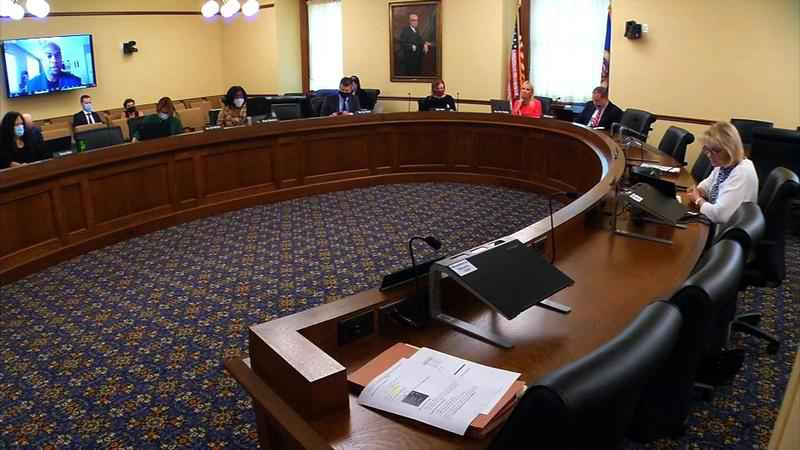Front-line worker pay agreement nears
[anvplayer video=”5057820″ station=”998122″]
The two co-chairs of the Frontline Worker Pay Working Group say they hope to have a tentative agreement on how to distribute $250 million in pandemic pay bonuses by the end of this week. They also acknowledge it hasn’t been easy to reach an agreement because the issue is so complex.
"Reaching an agreement has been as challenging as expected, but it isn’t because Democrats and Republicans don’t fundamentally agree on the importance of getting $250 million out to front-line workers," Rep. Ryan Winkler, DFL-Golden Valley, told 5 EYEWITNESS NEWS on Monday.
Winkler, the House Majority Leader, is a co-chair of the working group created by the legislature. The trouble has been deciding which categories of front-line workers should be included without making the group so big the checks aren’t a meaningful reward.
"We had consensus on who we all thought should be in there from long-term caregivers, first responders, health care workers, those in congregate care settings," co-chair Sen. Karin Housley, R-Stillwater, said. "There were so many great Minnesotans who stepped up, but there’s only $250 million and that’s what we’re tasked with is getting that $250 million out to those who stepped up."
The categories of workers likely to be included will be health care workers, long-term care workers, first responders, personal care attendants and corrections officers. Those left out will likely be food service workers, meatpacking plant workers, bus drivers, maintenance workers and others.

[KSTP]
Housley says the committee reached a consensus that those workers who had the greatest risk of coming into contact with people with COVID deserve priority.
"Not to make any less of those who still stepped up and still went to work, but to have COVID in your face every single day, those are some of our real big heroes," Housley said, referring to health care workers, first responders and long-term care workers.
Housley says if all the categories of front-line workers were included — about 670,000 workers — the checks would only amount to about $375. However, by limiting the categories to between 200,000 and 250,000 workers, the checks could total $1,000 or more.
Although there’s not likely to be any additional money made available in this round of funding, both Housley and Winkler left open the possibility of more money being approved in the next regular session in 2022.
"Two-hundred-fifty million is a lot of money, but there were hundreds of thousands of Minnesota workers who went to work every day through the pandemic exposing themselves and their families to great risk of contracting COVID-19," Winkler said, acknowledging some of them will be left out of the initial bonus funding.
The co-chairs hope to have a tentative agreement by the end of this week and a bill ready for the legislature to vote on in a special session sometime in October.